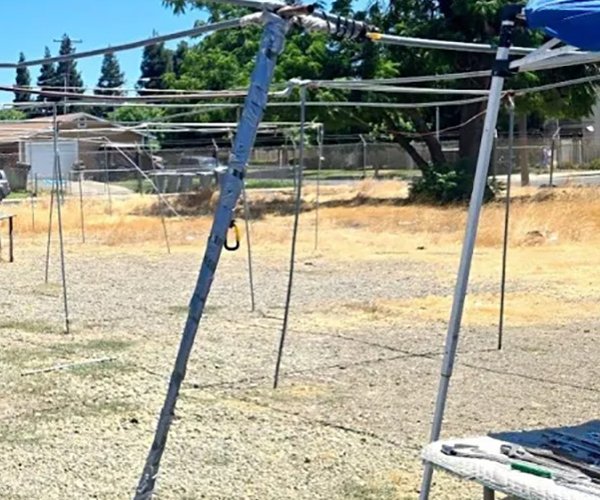With 1.3 million long-term unemployed Americans losing their unemployment benefits on Dec. 28, it will be up to Congress to decide whether the emergency federal unemployment program will be continued.
The Emergency Unemployment Compensation — started in 2008 at the beginning of the economic recession that left countless Americans unemployed — is said to be a priority for Congress members when they reconvene on Monday. A bipartisan bill is expected to be voted on that would see a three-month extension of the federal benefits program while also reimbursing those who lost benefits. During this three month period Congress hopes to find a solution for those who are unemployed for longer than six months.
Gene Sperling, the director of the White House National Economic Council, says that should the unemployment benefits program not be extended, the effects would reach not only those directly supported by the program but the national economy as well.
“Failing to extend emergency unemployment insurance through 2014 will negatively impact 14 million Americans — the 4.9 million workers who will see unemployment insurance cut off and the approximately 9 million additional family members they are supporting,” said Sperling. “But if Congress does the right thing and acts to extend emergency unemployment benefits through 2014, it is estimated to lead to 200,000 jobs and a fifth of a point of additional economic growth.”
Political analysts believe that poverty and inequality will continue to be major issues for Congressional mid-term elections, as Democrats believe that the matter could lose Republican votes in November.
Democratic candidate for Congress Michael Eggman — Congressman Jeff Denham’s (R-Turlock) challenger for California’s 10th Congressional District — voiced strong support for extending unemployment benefits while reprimanding Denham for not helping the long-term unemployed workers in his district.
“While the people of our district face a double digit unemployment rate, Congressman Jeff Denham has refused to lift a finger to help the long-term unemployed who are struggling to find work,” said Eggman. “Congressman Denham has refused to extend unemployment benefits, while exacerbating the Central Valley’s jobless crisis with his votes to continue the government shutdown and force our country into default — cutting GDP growth and costing tens of thousands of Americans their jobs.”
Denham has not publically indicated whether or not he supports the Emergency Unemployment Compensation.
Eggman also publicly criticized Denham for refusing to prioritize job creation or help unemployed Valley residents while consistently demonstrating effectiveness in protecting his own pay.
“In fact, six years ago, then State Senator Denham wrote a letter to the state controller requesting a 2 percent pay raise he had publicly refused,” said Eggman. “A year prior, Denham wrote a private letter rescinding his 5 percent voluntary pay-cut and accepting a 12 percent pay increase he had publicly refused. As Valley residents, we deserve a leader who will fight to put Californians back to work, not a politician working for personal gain.”
Both letters addressed to the State Controller from Denham were accepting a 2 percent and a 12 percent pay increase in 2008 and 2007, respectively while he was serving as State Senator of California’s 12th District.
A recent poll conducted by the Hart Research Associates found that overall, 55-percent of Americans believe the Emergency Unemployment Compensation program should be extended, while 34 percent believe it should end.








